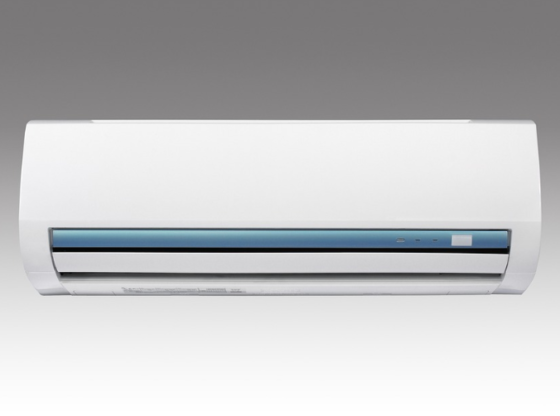Contributed Content Provided by WordPro SEO.
The term “marketing” likely brings to mind catchy tunes, flashy commercials, and social media. And while these standard methods work well for many companies and industries, healthcare marketing stands alone in many ways. With his experience, Julian Narchet explains how healthcare marketing differs from more traditional marketing methods.
End Users
Marketing in the healthcare industry is unlike any other form of marketing for a few reasons. To start with, the end-user of healthcare marketing isn’t always clear-cut. In some cases, it is the patient who makes their own decisions regarding their health. But in other instances, it is their doctor, medical provider, hospital, or a family member who acts as the end-user in the transaction.
Additionally, a healthcare marketing end user’s mentality is quite different from that of a standard end-user. When someone steps into the healthcare world, a certain level of stress, anxiety, and concern comes into play. Decisions can become life or death, and the end user’s mental state will affect their participation. That means levels of communication and ease of use must be high priorities for marketers.
By not having an easy-to-define end user, the whole process of healthcare marketing must be different. For example, a doctor with a private practice has to consider how to keep patients, family members, insurance companies, and partnering hospitals happy while still providing quality services to keep up a clientele base.
Supply and Demand
Also, supply and demand for the healthcare industry’s products and services do not follow a standard formula. For example, a person will not go browsing online for their upcoming medical procedure or even know when they’ll need such a service. Plus, there are many regulations on the healthcare market, such as licensing, FDA approvals, and training.
Of course, the approach to supply and demand is different in the healthcare industry, and so is the complexity of the products and services offered. Whether you look at prescription medications, medical supplies, and devices, machinery, or simply how many types of doctors exist, the web of healthcare products and services is expansive. This complexity affects how to market these products and services effectively and smartly.
Desired Outcomes
Healthcare marketing also differs from traditional digital marketing in how the desired outcome is measured. In a conventional setting, the primary (and sometimes only) focus is profit or return on investment. Few other factors play a role in decision-making and effectiveness.
However, in healthcare, money is only a portion of the picture. Medical providers often have to consider factors like grants and loans, research and trials, donations, and positive quarterly feedback in terms of patient results. Providing reliable services and 100% effective products becomes more valuable than earnings.
Differences Matter
It might seem like you could ignore some of the complexities and uniqueness of the healthcare industry and still apply traditional marketing methods that will work. However, Julian Narchet believes that any marketing tools and tactics used in the field will ultimately be in vain without factoring in healthcare intricacies.
About Julian Narchet:
Julian Narchet is a marketing and mass communications professional and a Communications Specialist at the University of Miami. He holds a BSBA degree in marketing and a master’s in mass communication with a focus on corporate communication from the University of Central Florida. He is currently focusing on digital marketing, market research, and data analysis, where he can best utilize his background in campaigns, research, social media, copywriting, and public relations.











